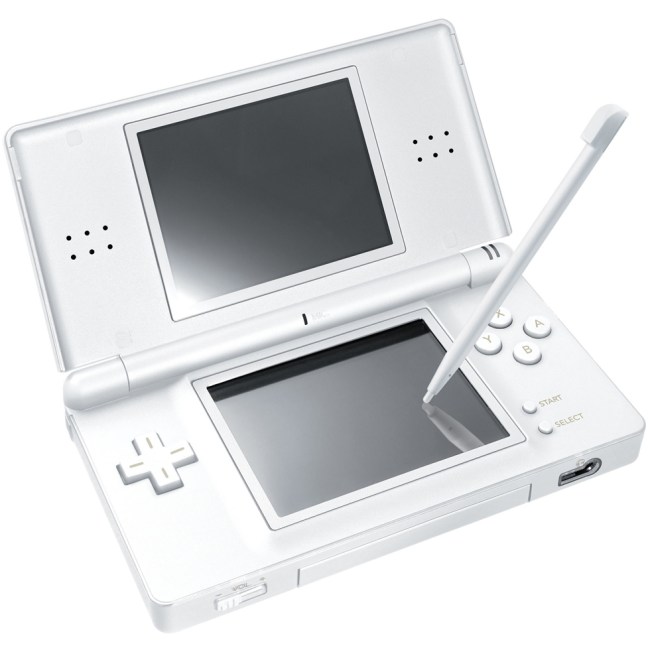
With E3 coming next week, it is a time of heavy scrutiny for the video game industry. Analysts are watching every little trend to see what is working and what is not, and many publishers and developers are deciding where their futures lie, and for which systems they should focus their development on. If Namco Bandai is right, the answer is anywhere but Nintendo.
Namco Bandai has claimed that the gaming market on both the Wii and the DS has “collapsed.” In an interview with MVC, Namco Bandai’s VP of Sales, marketing and publishing, Oliver Comte has said that he believes that piracy and several bad games have spelled doom for Nintendo’s software.
“It’s a tough market,” Comte told MVC in an interview. “We had a lot of product, and the average quality of a game on DS and Wii is very, very bad. So in the mind of the consumer today, to buy a DS or Wii game is to buy a game that isn’t very good.”
Despite these assertions, the Wii is the top selling console in the world, despite slowing sales, and the DS is the best-selling video game system of all time.
“One of the reasons the DS collapsed is piracy, it is very clear, but also it is a fantastic machine and very easy to develop for. It was possible for three kids in a garage to make a game for it. DS is the most successful platform ever, but all my kids’ friends at school have a DS with an R4,” The R4 is a memory card that can store everything from a movie, to music, to a pirated video game. “They have 100 games for no money. So yes, the market has collapsed for the DS and Wii.”
Nintendo is expected to debut the 3DS next week at E3.
Editors' Recommendations
- 5 Nintendo DS games we need on Switch after Another Code: Recollection
- Super Mario Bros. Wonder has some of Nintendo’s best online features
- Nintendo is shutting down online services for 3DS and Wii U next April
- As the 3DS eShop closes, devs reflect on a golden age of Nintendo indies
- Grab these Nintendo 3DS games before the eShop closes


